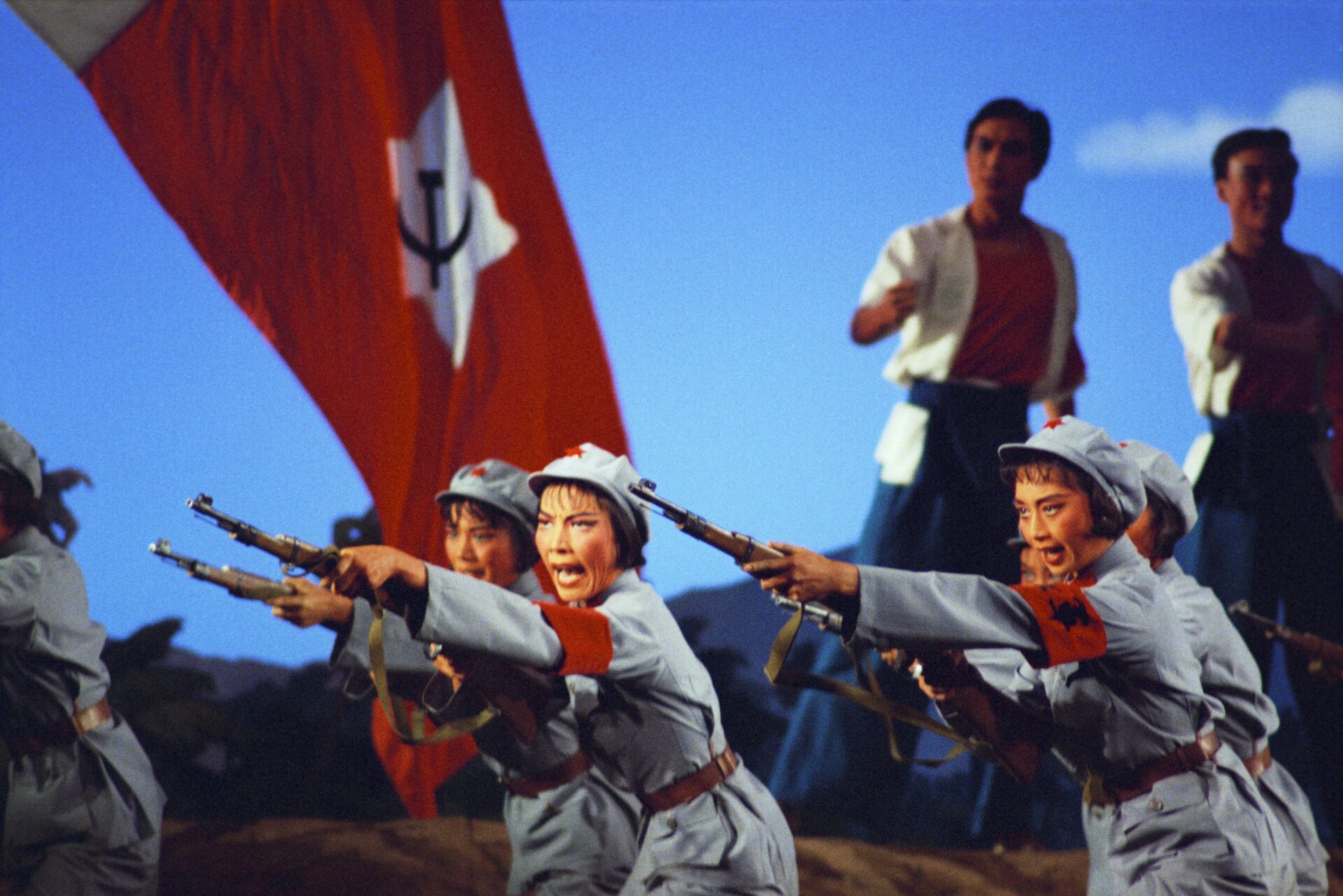The People’s Republic of China, the most populous country in the world (in 1994, with an estimated population of 1,190,431,000, the only nation with more than a billion people), remained important in Western economic and political calculations and also relatively isolated.
After years of upheaval, with massive purges during the cultural revolution in 1965, the nation’s leadership appeared to realize that it had done untold damage to China’s educational system, to its industrial capacity, and even to the revolutionary principles it espoused.
Starting in 1968, purged officials were permitted to return to office, and factional fighting decreased. With the decline of Mao’s authority and the rise of the more pragmatic Zhou Enlai (1898-1976) and Deng Xiaoping (1904– , relations with the West appeared to improve. However, with the death of both Zhou and Mao in 1976, Deng was purged for a time, together with Mao’s widow and other leftists.
With the opening to the West initiated by President Nixon, sweeping changes in the central government in 1982, and a series of substantive economic reforms, China appeared to be on the verge of normalizing relations with the West. However, on May 4, 1989, some 100,000 students and workers marched in the nation’s capital, demanding far more sweeping democratic reforms. Believing that the demands called for too much change too quickly, Deng called for martial law, purged the Communist party of those who would not support him, and brought back some of the survivors of the Long March generation to help combat “bourgeois liberalism.”
When protests spread to twenty other cities, and the capital city was filled with more than a million demonstrators, Deng called upon the Chinese army. On June 3-4, 1989, tanks and armored personnel carriers attacked the assembled protesters—largely students and workers—in Beijing’s Tiananmen Square.
An estimated five thousand protesters died, perhaps another ten thousand were injured, and hundreds were arrested. Most Western nations condemned the Chinese leadership, and the PRC appeared to have moved back into a repressive stance.
Badly in need of additional Western technology to continue its own rapid industrialization and well aware of its increasingly isolated position in a crumbling world of communism, the PRC was obviously cautiously considering its options for the 1990s, as Deng formally stepped down and Li Peng (1928— ), also a conservative, emerged at least for the moment as China’s primary leader.

